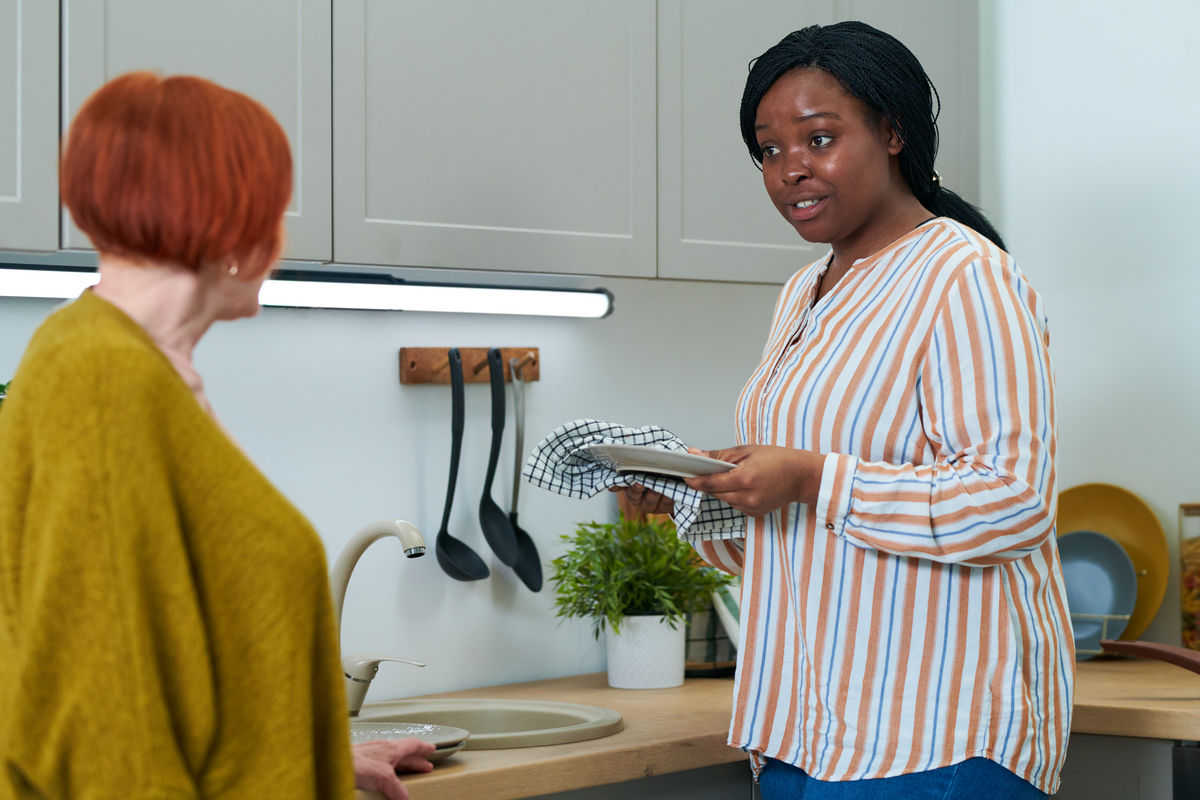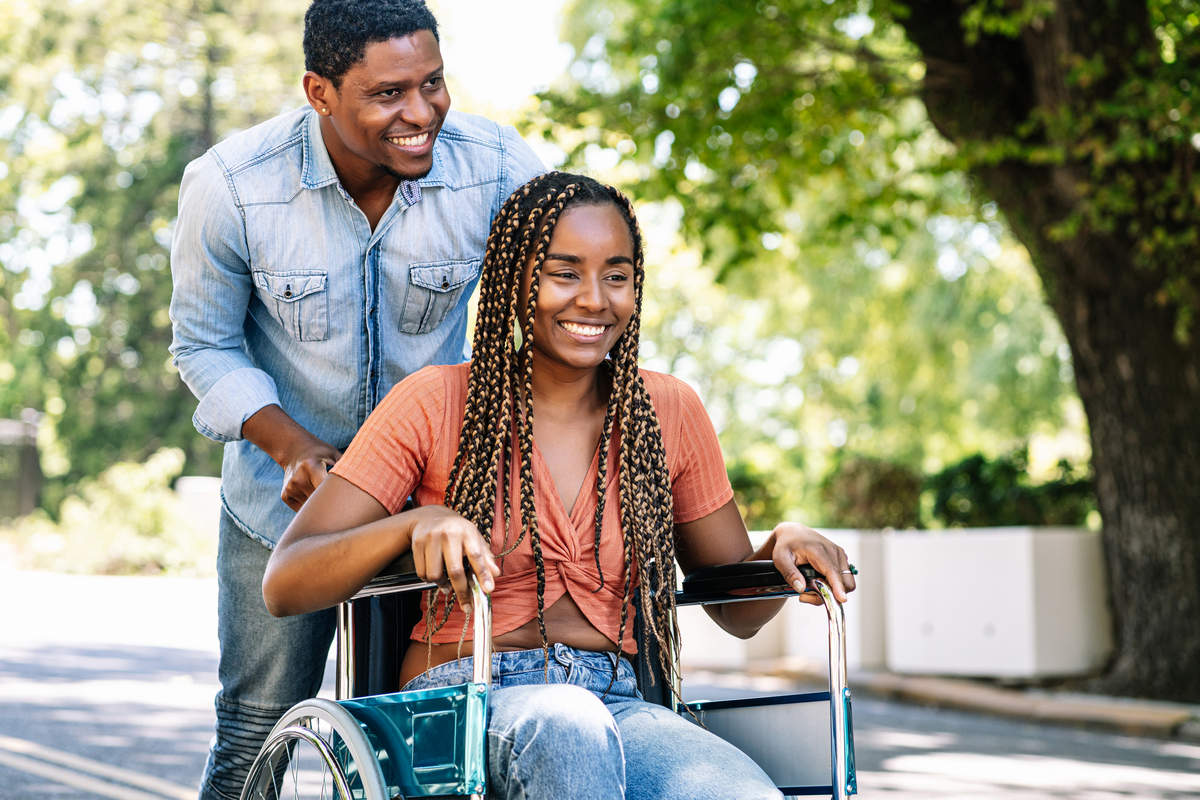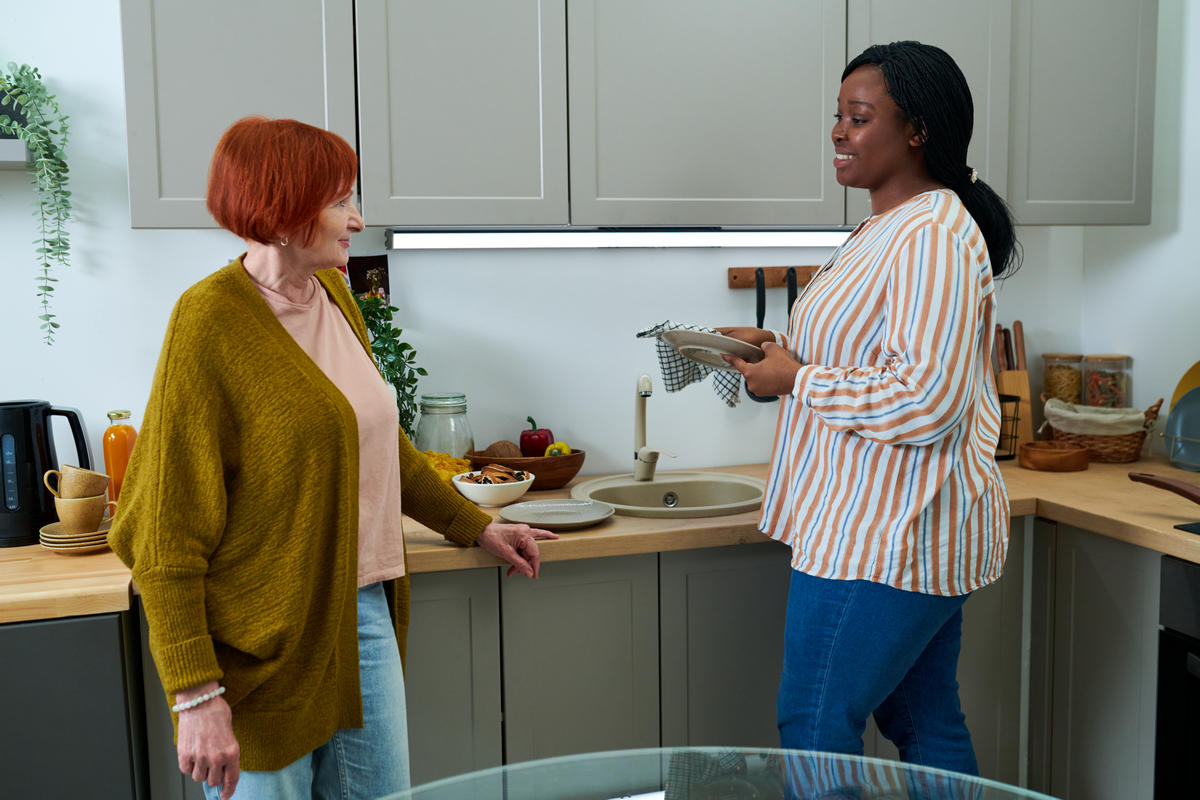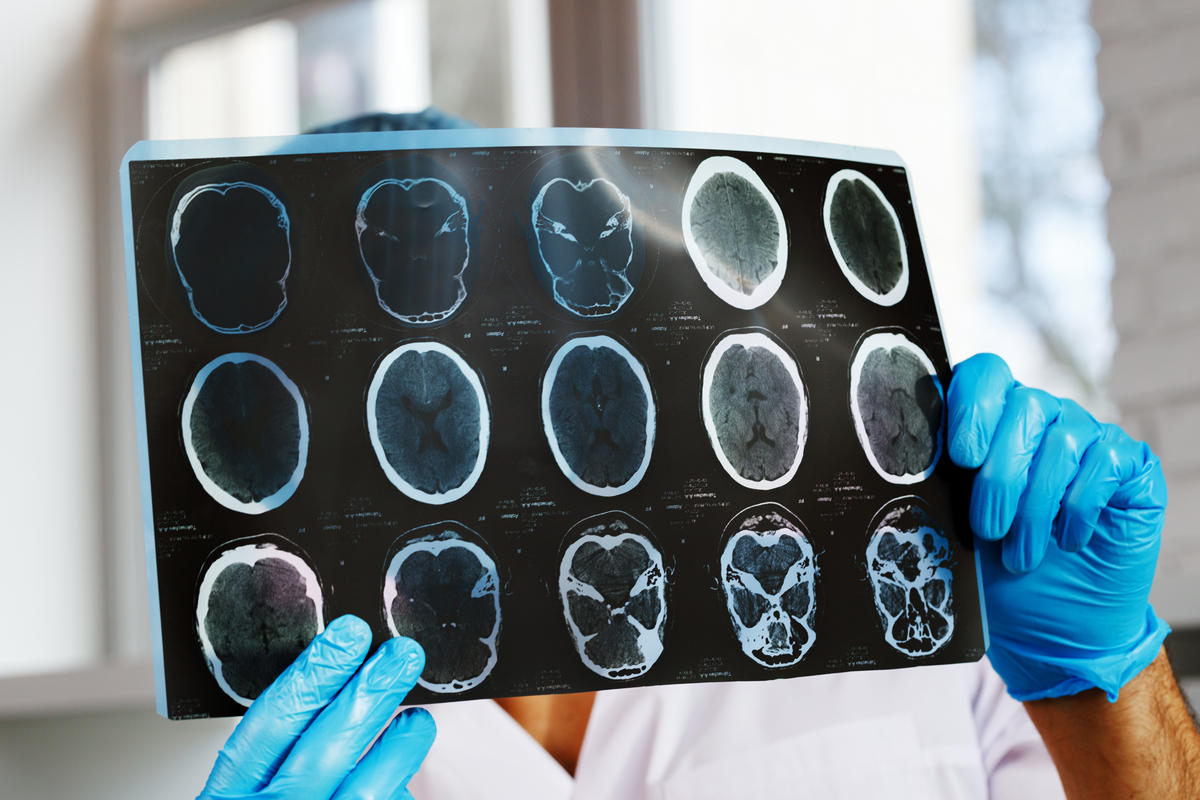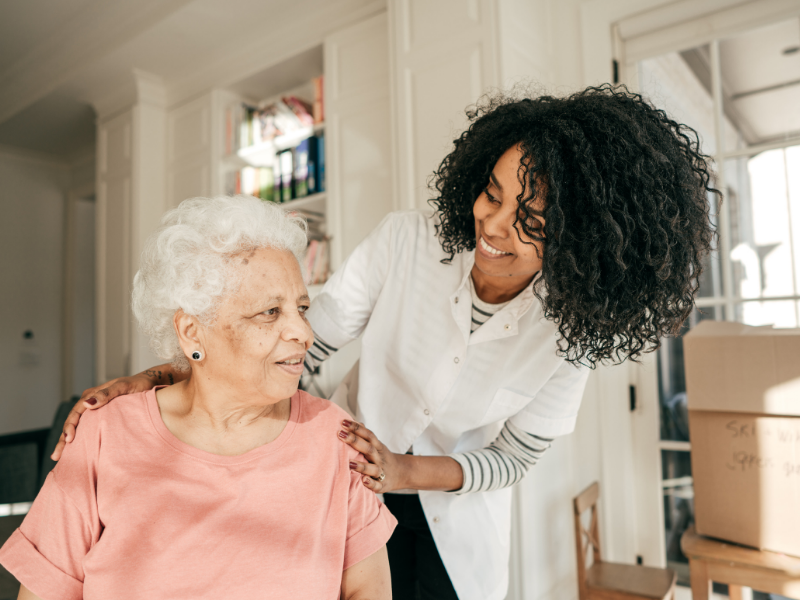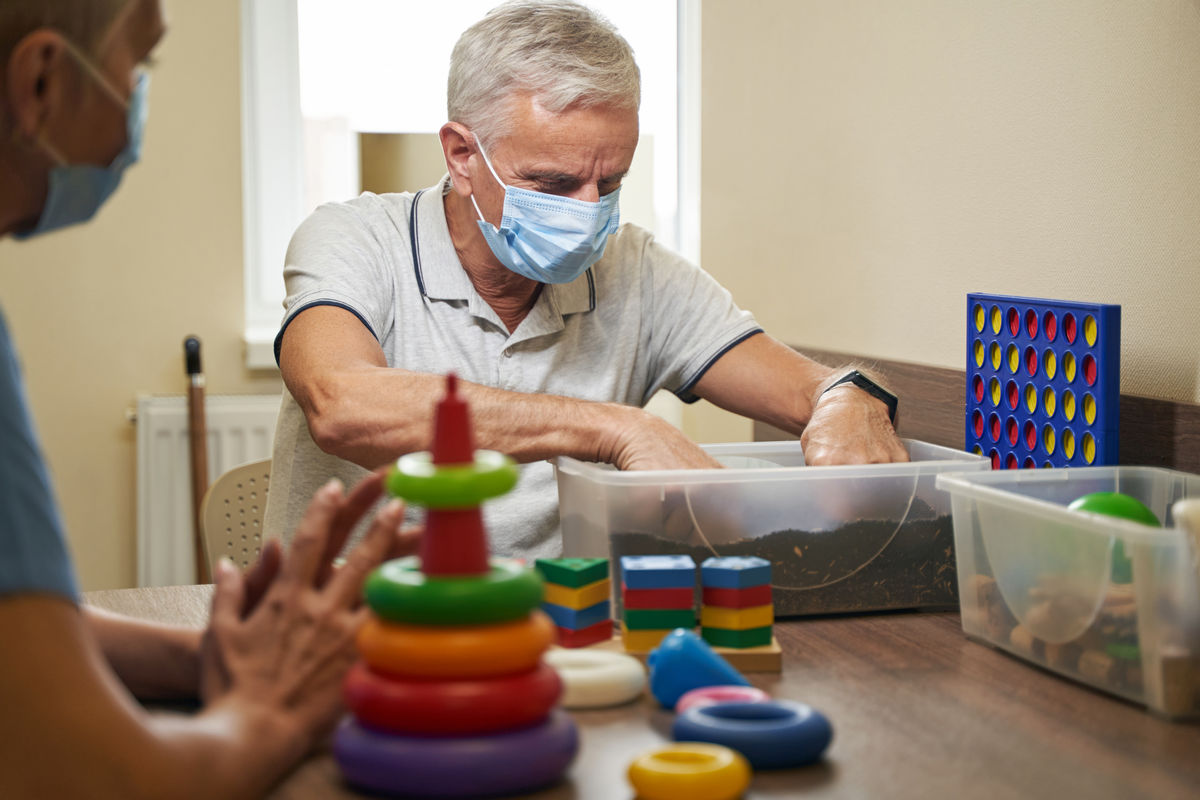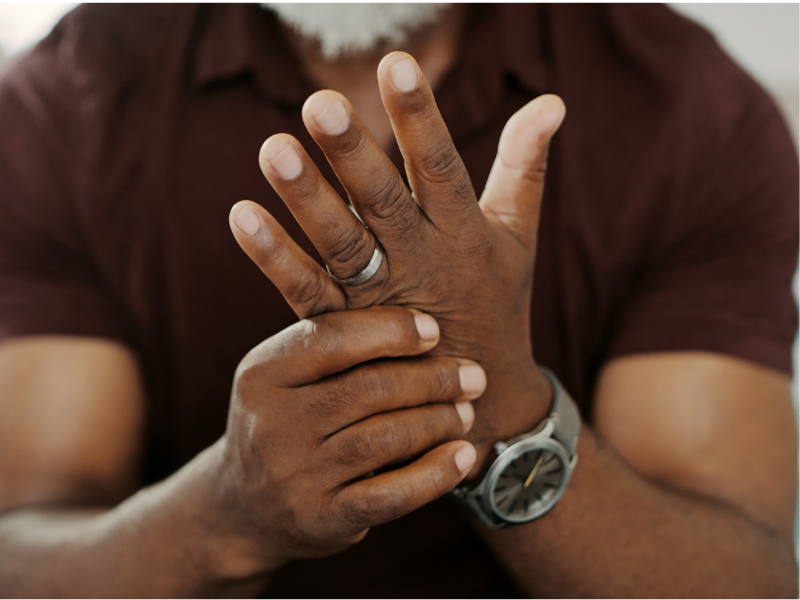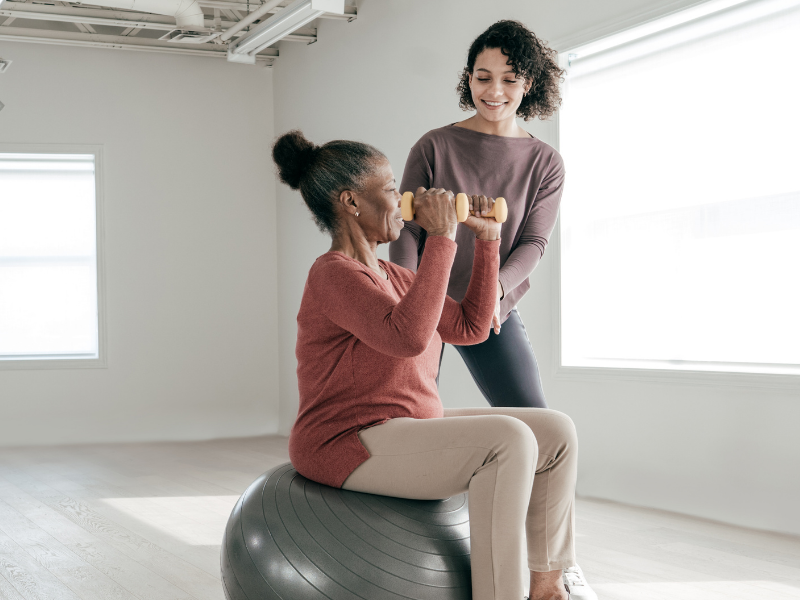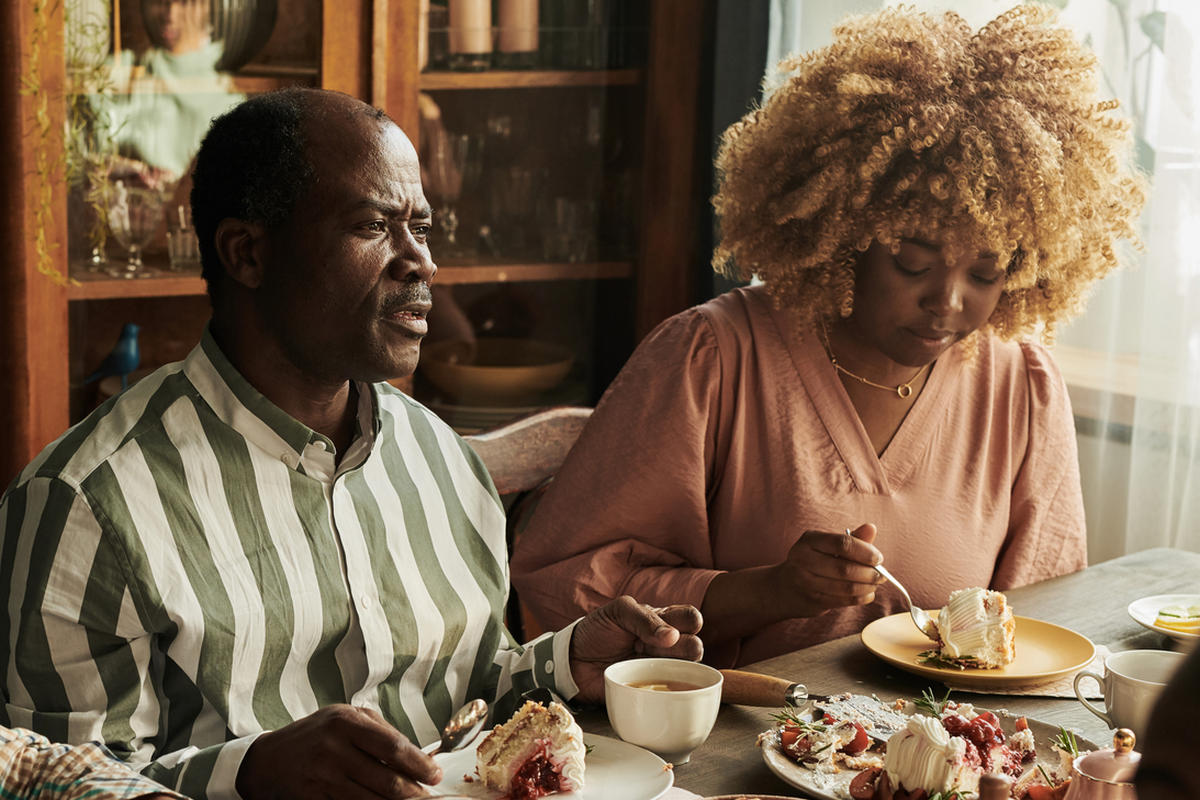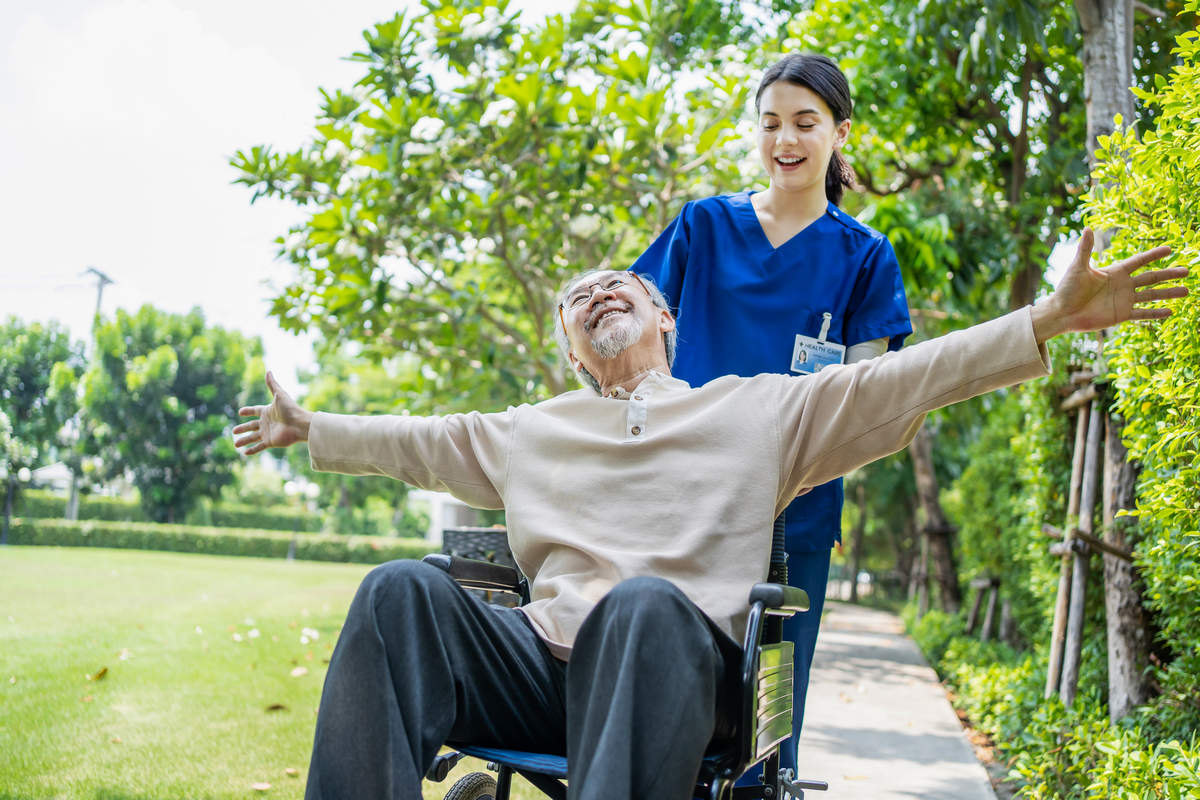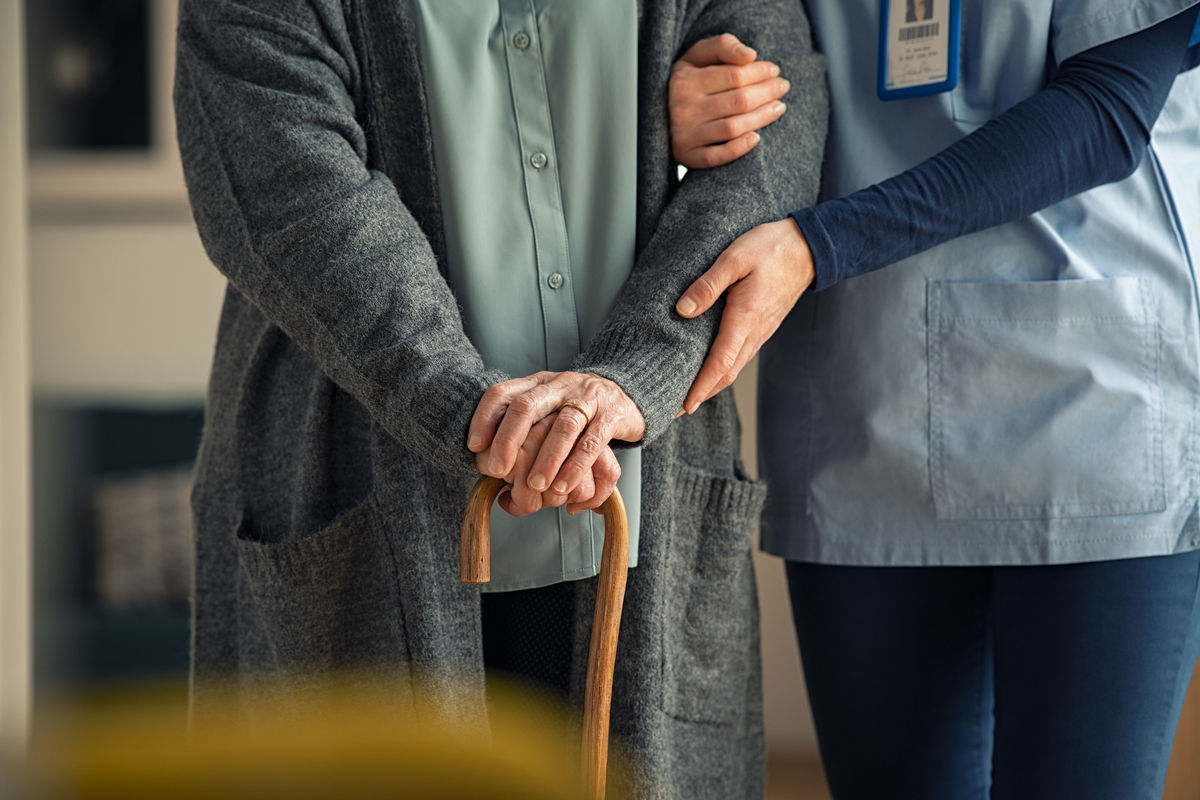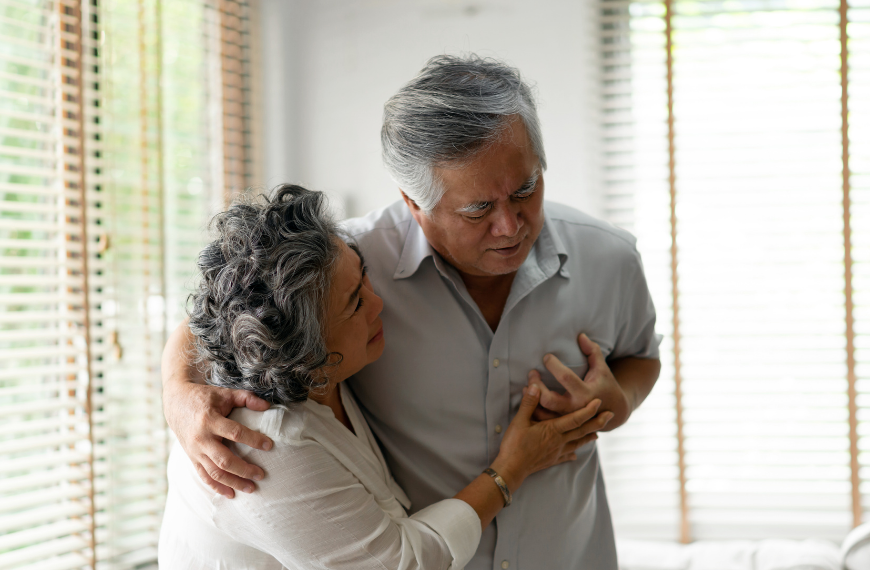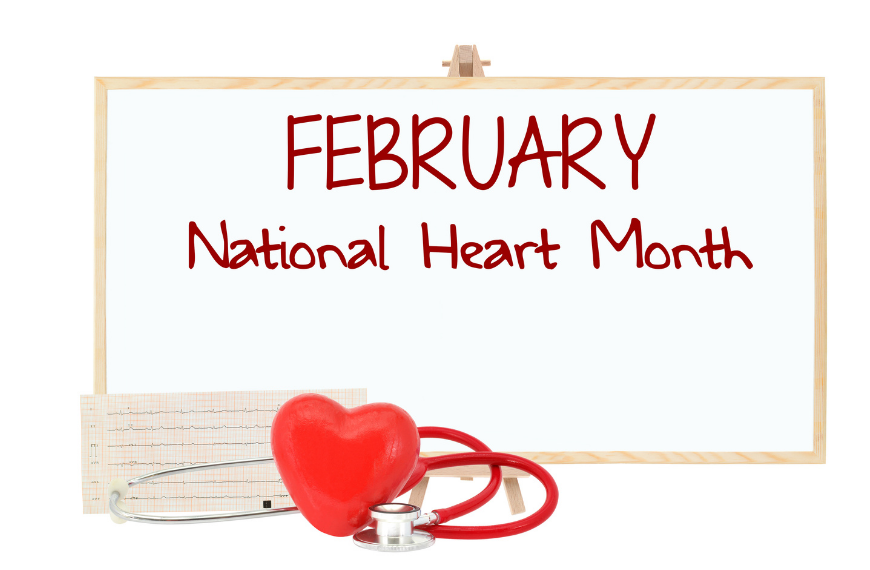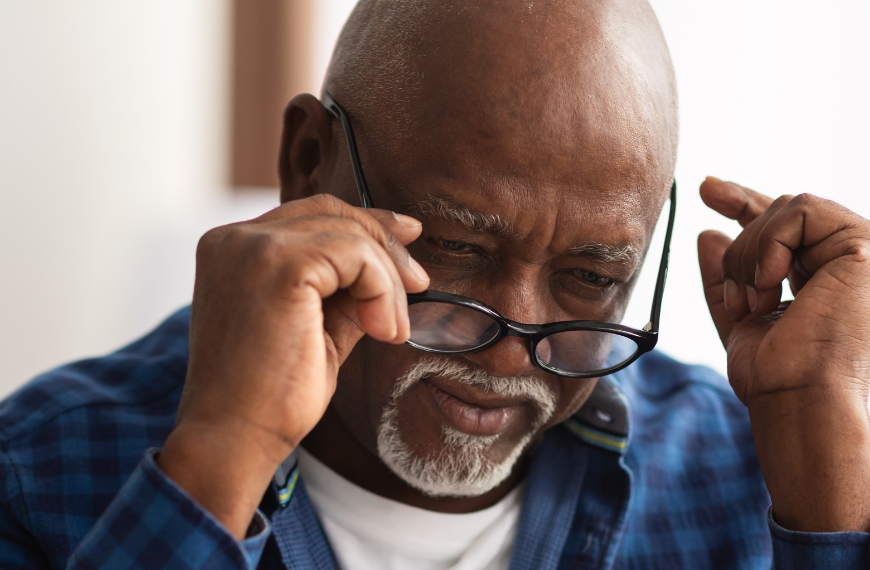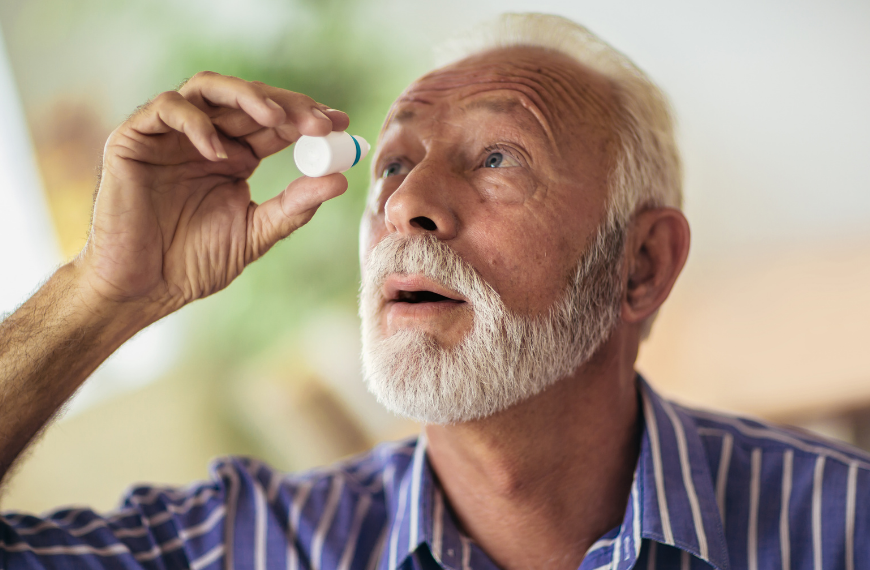Life sometimes goes sideways. At any moment a person can become injured, ill, or begin suffering from the natural issues aging brings. At first, you think you can “do it all” in helping your loved one… that is until you find you can’t. Caregiving is very taxing. It adds numerous tasks, heaping them onto your already very-full platter. That is where home caregiving comes into play. To help you navigate these waters, we created this caregiver guide to home healthcare in Philadelphia, PA.
What Does a Home Caregiving Service Do?
The idea behind having a home caregiver (or home care aide) is to enjoy a support service. An agency like AmeriBest Home Care of Philadelphia works directly with you and your loved one to come up with a safe, supportive plan for ongoing assistance. Companionship, assistance with daily living needs, med minders, and so much more go into each, personalized program. Each situation is unique, the needs vary, and a professional agency helps you navigate the waters of putting something in place you can trust.
Benefits of Having In-Home Aide Services
When you find the right home healthcare provider, there are many benefits for both you and your loved one. Overall, you know the individual will be safe and monitored; they’ll have socialization and personal assistance as needed. They can remain involved in their own wellness, improving their sense of independence.
It is very easy to burn out as a caregiver, which is where professionals step into the fray. They give you some personal time (hey, take that nap you’ve been craving!). You can walk away for several hours and shop, clean the house, grab a coffee-whatever. You need these breaks to maintain your own self-care regimen, otherwise, you’ll end up sick, frustrated, and stressed out.

Regulations Regarding Home Health Agencies
All agencies in Pennsylvania are required to be properly licensed by the Department of Health. The Department has specific standards, rules, and regulations and enforces them with unannounced surveys. Additionally, if an agency accepts Medicare, it must have certification from the Federal Health and Human Services Center. The FHHSC also conducts regular surveys for compliance.
Who Qualifies for Home Healthcare?
Nearly anyone can qualify for home healthcare. How much it costs depends on your insurance company and income. Alternatively, Medicaid has both home and community-based service waivers. If you are receiving SSID, you will likely qualify for an aide service. You do have to enroll, something with which your medical provider can assist.
And now some good news: it’s not that hard, and we are here to help!
Home Healthcare Philadelphia, PA
Most people when asked, say they would far prefer to stay at their own home vs. a hospital or assisted living center. Being able to remain in their house provides familiarity. It’s local; they know the faces walking daily by the window. At AmeriBest Home Care, we understand your home is not only your castle but your comfort zone.
As a highly-rated local agency, our professionals provide you with compassion and support. We know you may have a lot of questions about having an in-home aide, and our team is happy to help in any way we can. Call us at 215-925-3313. Email info@ameribest.org, or use our online contact form for more information.

